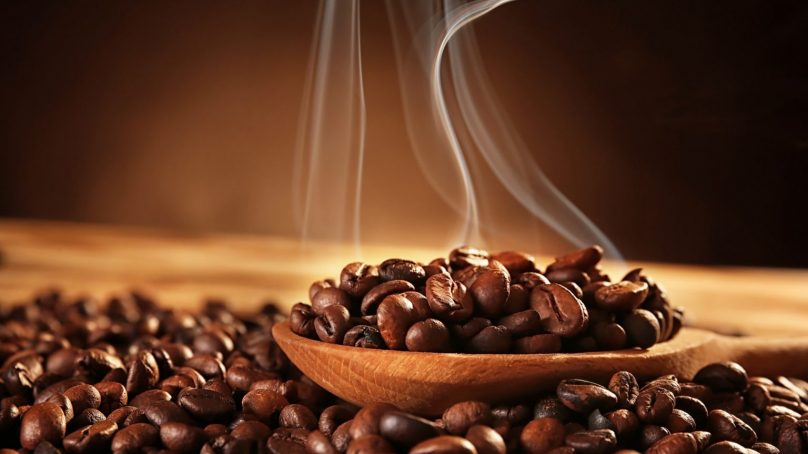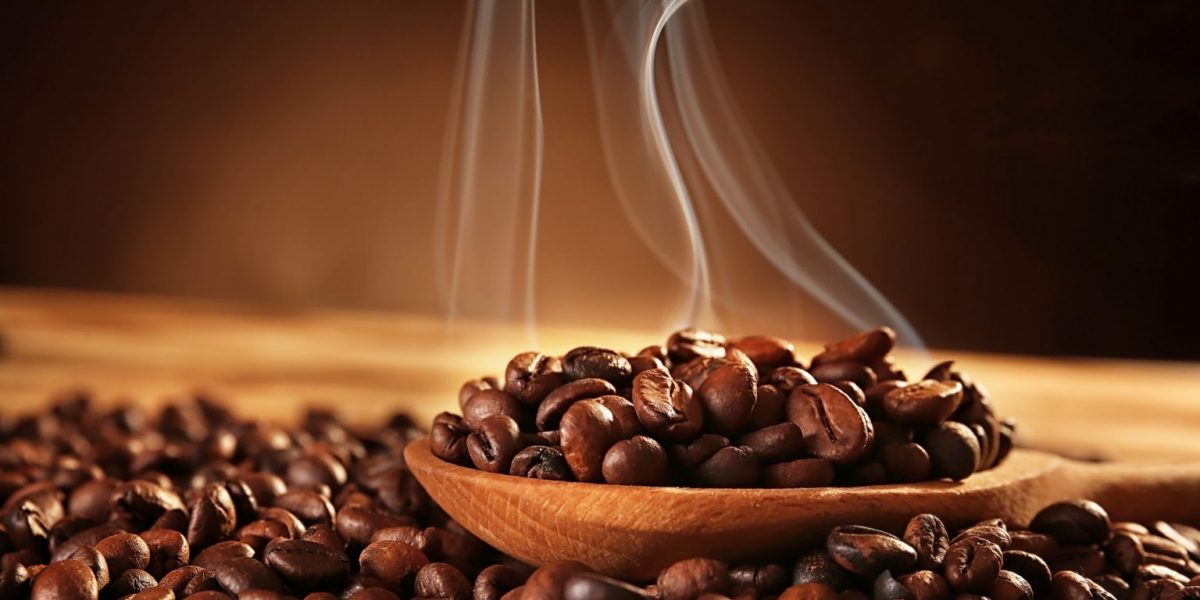

Coffee is grown in around 80 countries in South and Central America, the Caribbean, Africa and Asia, between the Tropics of Cancer and Capricorn. The journey that coffee takes, from a planted seed into a cup, is long and complicated. There are multiple stages at which coffee can be ruined. Even one defective coffee bean can change the cup profile to a bitter, moldy or undrinkable cup. Specialty coffee refers to a modern demand for exceptional quality coffee, farmed and brewed to a standard that’s significantly higher than average. In “The Specialty Coffee Chronicle,” Don Holly writes: “The specialty coffee concept was quite simple: special geographic microclimates produce beans with unique flavor profiles. Underlying this idea of coffee appellations was the fundamental premise that specialty coffee beans would always be well prepared, freshly roasted, and properly brewed.” Below are five of the most important factors that influence coffee quality and determine how you can recognize regular from specialty coffee.
Coffee varieties:
There are around 120 species of coffee, although only two main types are cultivated: Arabica and Robusta. The Arabica species alone has over 160 varieties, and some of the most well known are Typica, Bourbon, Acaia, Aatui, Caturra and Gesha. Arabica usually has a fruity and soft character, and Robusta is more bitter and earthy but easier to grow. Most specialty coffee comes from the top 10 percent of Arabica beans.
Coffee terroirs:
Different climates have typical flavor profiles due to soil, growing conditions and typical varietals of coffee grown.
Coffee process:
Harvesting and post-harvest processing have great impacts on the flavor of the final cup. Through processing, producers can make the same coffee winey, mellow, sharp, round or anywhere in between. To create these cups, producers use four main types of processing — washed, pulp natural, natural and wet hulled — and each process contributes specific characteristics to the coffee.
Coffee roasting and freshness:
The desired aroma and flavors of coffee are developed in the roasting process. During this process, the beans undergo a series of reactions leading to the changes in physical properties and chemical composition. It is important to control the roasting process, and stop the process when the aromas have fully developed and the color of the coffee is homogeneous throughout the whole bean. Since the early days of the specialty coffee movement, freshness has been one of its central pillars. It is best defined as coffee having its original unimpaired qualities. It is often understood as freshly roasted, ground within a few days, immediately extracted after grinding and consumed freshly.
Coffee extraction:
The desired compounds of coffee are not all extracted at the same time. During coffee extraction, acidic notes are extracted first, followed by aromas and sweetness, then finally bitterness. A balanced cup of coffee is the result of the right level of extraction. Grind size, brew time, water temperature, water quality, coffee-to-water ratio, water agitation and brewing method are the main factors to control extraction by baristas.

















